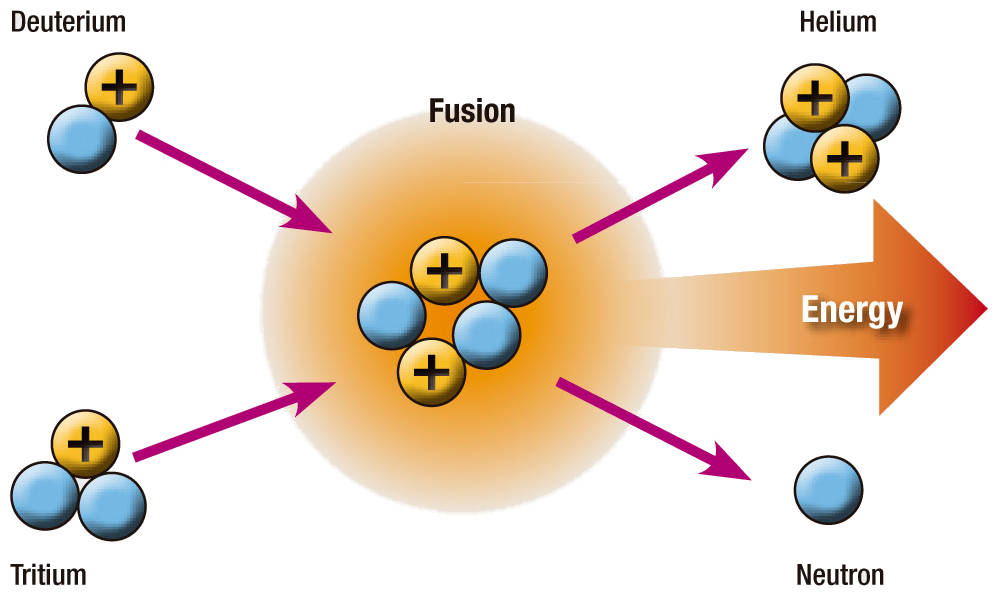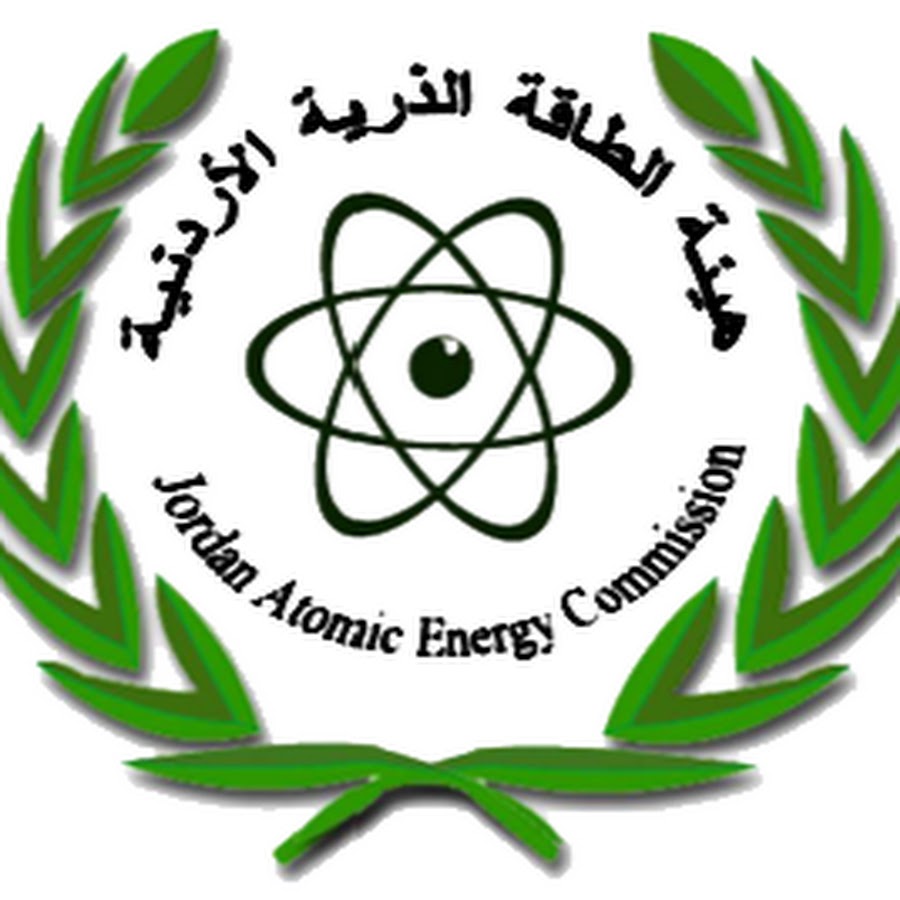Part 2 of 2 Parts (Please read Part 1 first)
The commission’s new report goes on to say that “As a result, the Navy must consider schedule tradeoffs between the two classes of submarines. The [Office of Management and Budget] as well as the Commission are skeptical that the current infrastructure can simultaneously support conventional and nuclear sustainment, modernization, and construction as scheduled. The AUKUS agreement may place further stress on this capacity.”
The Congressional commission report’s release comes as the Senate Armed Services Committee pushes for supplemental funding in the Fiscal Year 2024 defense policy bill.
While marking up the National Defense Authorization Act, the committee called on President Joe Biden “to send emergency supplemental funding requests to address those concerns, to include continued support for Ukraine, additional munitions production, and additional naval vessels and combat vehicles.”
Under an agreement between Biden and former House Speaker Kevin McCarthy (R-Calif.) over the debt ceiling limit, lawmakers had to adhere to the administration’s FY 2024 $886 billion request for national defense. Wicker has argued that any supplemental funding request must also include additional support for AUKUS to strengthen the U.S. defense nuclear industry.
Wicker said in an August statement, “If we hope to realize the full potential of the AUKUS deal, it is imperative that the president articulate an achievable plan of action to increase American submarine production that meets both American and Australian needs. The enhanced security of the United States and our partners depends on our mutual collaboration and cooperation.”
The Pentagon’s Director of Cost Assessment and Program Evaluation has laid out a roadmap for long-term investment to pursue AUKUS. However, lawmakers have yet to see the report.
In his statement accompanying the release of the commission’s new report, Wicker repeated the lawmakers’ push for the defense supplemental request. He said, “It is essential that Congress move forward quickly with a plan to provide our military with the resources necessary to restore our nuclear deterrent and rebuild the capacity to find and win two wars if necessary. Passing a defense supplemental in the near-term and guaranteeing real growth in the annual defense budget will help us meet this moment. Failing to make these investments now will leave the United States weaker and invite costly new threats from our adversaries.”
The report argues that the U.S.’s current posture is not ready to deter nor compete with Russia and China. “Decisions need to be made now in order for the nation to be prepared to address the threats from these two nuclear-armed adversaries arising during the 2027-2035 timeframe. Moreover, these threats are such that the United States and its Allies and partners must be ready to deter and defeat both adversaries simultaneously.”
There is new activity at U.S., Russian, Chinese, and North Korean nuclear sites. It appears that the U.S. is confronted with a new nuclear arms race as Russia announces intention to pull out of the nuclear arms treaty limiting nuclear weapon construction and deployment. The problem with nuclear weapons is that a global nuclear war would destroy human civilization.




